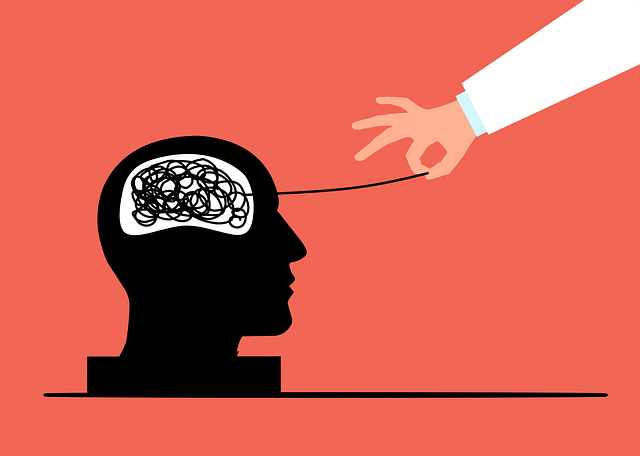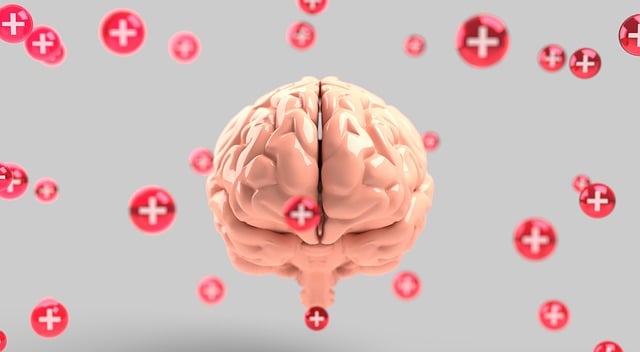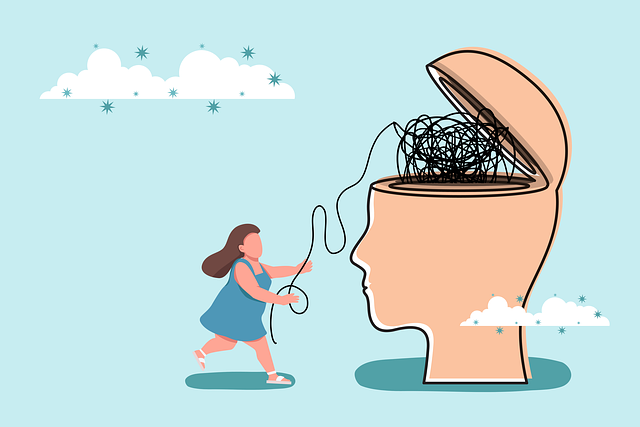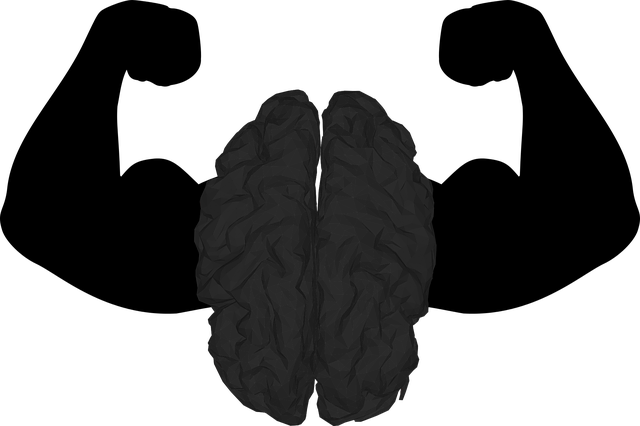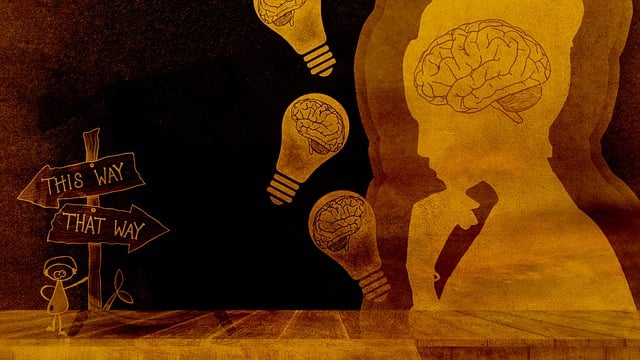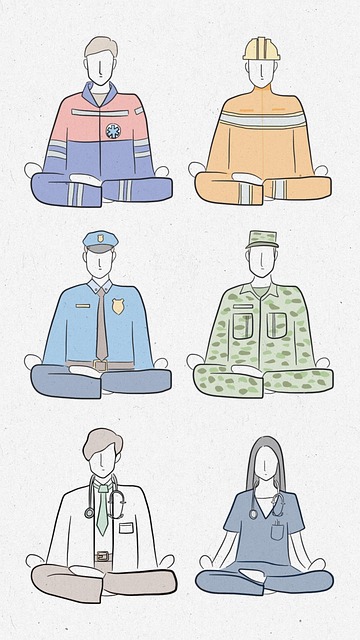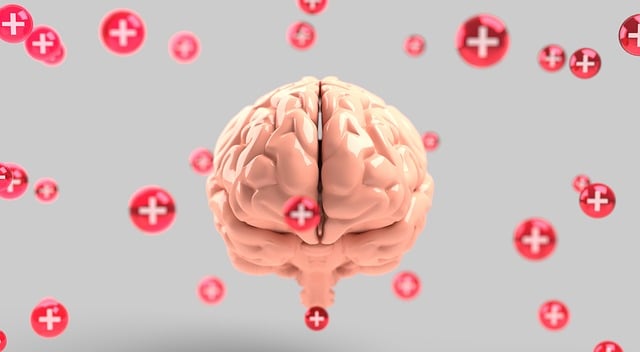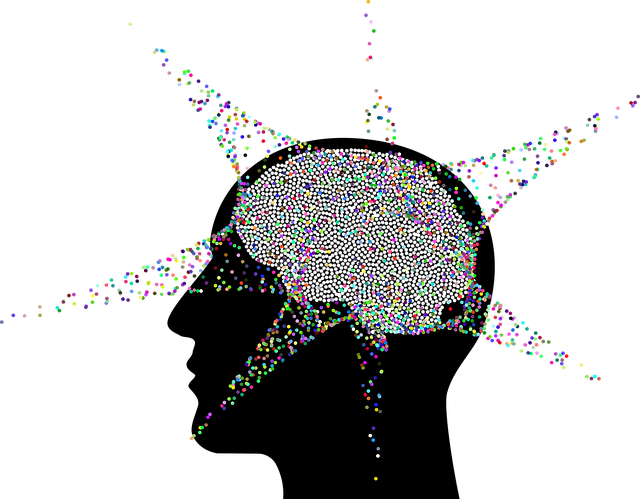Mental wellness is a key aspect of overall well-being, especially for individuals who have experienced childhood trauma, such as clients of Golden Child Abuse Therapy (GCAT). GCAT offers specialized services that include conflict resolution skills and mindfulness meditation to help heal trauma, reduce stress, improve emotional regulation, and cultivate self-connection. By focusing on self-awareness and inner strength development through practices like art therapy and solitude, GCAT empowers clients to overcome past abuse or neglect, preventing burnout and fostering robust coping mechanisms. The ultimate goal is to enable individuals to reclaim their emotional well-being and lead more fulfilling lives through tailored techniques in a safe environment, thereby contributing to Mental Illness Stigma Reduction.
“Mental wellness is an essential aspect of overall health, yet it’s often overlooked. In this article, we explore the profound impact of self-care on nurturing and maintaining mental well-being. From understanding its significance to discovering effective practices, we delve into strategies for healing. A unique approach, Golden Child Abuse Therapy, offers innovative insights. Learn how to create a personalized routine, integrating self-care into daily life, and unlock your path to enhanced mental wellness.”
- Understanding Mental Wellness and Its Importance
- Identifying Self-Care Practices for Healing
- Golden Child Abuse Therapy: A Unique Approach
- Creating a Personalized Self-Care Routine
- Integrating Self-Care into Daily Life
Understanding Mental Wellness and Its Importance

Mental wellness is a crucial aspect of overall well-being, encompassing our emotional, psychological, and social health. It influences how we think, feel, and act in various situations, affecting our productivity, relationships, and general happiness. Understanding mental wellness involves recognizing its dynamic nature and acknowledging that it can fluctuate over time.
For many individuals, especially those who have experienced childhood trauma or abuse, such as Golden Child Abuse Therapy clients, prioritizing mental wellness is an essential step towards healing and personal growth. Trauma support services play a pivotal role in equipping individuals with the necessary tools to manage their mental health effectively. This often includes teaching conflict resolution techniques and promoting practices like mindfulness meditation, which have been proven to reduce stress, improve emotional regulation, and foster a deeper sense of calm and connection with oneself.
Identifying Self-Care Practices for Healing

Identifying Self-Care Practices for Healing
In the context of Golden Child Abuse Therapy (GCAT), understanding and adopting self-care practices is a powerful tool for emotional healing processes. GCAT emphasizes the importance of nurturing oneself, especially after traumatic experiences, to foster positive thinking and overall mental wellness. By recognizing personal needs and incorporating therapeutic techniques into daily routines, individuals can begin their journey towards emotional regulation and recovery.
Self-care looks different for everyone and should be tailored to one’s unique experiences and preferences. Whether it’s engaging in creative outlets like art or journaling, practicing mindfulness through meditation or yoga, or simply taking moments of solitude, these practices offer safe spaces for emotional processing. Over time, consistent self-care routines can help break negative cycles, build resilience, and promote a sense of calm and well-being.
Golden Child Abuse Therapy: A Unique Approach

Golden Child Abuse Therapy offers a unique and transformative approach to mental wellness, specifically tailored for individuals who have experienced childhood trauma. This therapy goes beyond traditional healing methods by focusing on the profound impact that early life experiences can have on an individual’s psyche. It recognizes that many people, often referred to as “golden children,” may outwardly appear to be thriving but internally struggle with hidden scars from abuse or neglect.
By utilizing self-awareness exercises and fostering inner strength development, this therapeutic process aims to help clients confront and heal from these hidden wounds. The goal is not only to prevent burnout but also to empower individuals to develop robust coping mechanisms and a deeper sense of self-worth. Through specialized techniques, Golden Child Abuse Therapy provides a safe space for exploration, allowing clients to reclaim their emotional well-being and lead more fulfilling lives.
Creating a Personalized Self-Care Routine

Developing a personalized self-care routine is an essential aspect of maintaining and improving mental wellness, especially for individuals who have experienced child abuse or trauma. It’s a powerful tool to foster self-compassion and healing. This journey begins with introspection; understanding your unique triggers, needs, and preferences. Every individual’s experience with trauma is distinct, so their self-care routine should be tailored accordingly. For instance, someone who struggles with anxiety might incorporate mindfulness practices like meditation or deep breathing exercises into their daily routine.
In contrast, another person may benefit from creative outlets such as journaling or art therapy to process and release emotions. The key is to listen to your body and mind, identifying activities that bring a sense of calm, joy, or satisfaction. By incorporating these personalized practices, individuals can prevent burnout, a common challenge for those in helping professions, especially within the healthcare sector. This proactive approach to self-care not only enhances one’s resilience but also enables better crisis intervention guidance when supporting others.
Integrating Self-Care into Daily Life

Integrating self-care into daily life is a transformative journey, especially for individuals who have experienced child abuse, as it offers a path to healing and recovery. Many survivors of trauma often struggle with mental wellness, making consistent self-care practices crucial. Golden Child Abuse Therapy provides tools to address these challenges, focusing on compassion cultivation practices that promote self-love and understanding.
By incorporating mindfulness exercises, meditation, and nurturing routines, individuals can counteract the impact of past traumas. These practices, rooted in Mind Over Matter principles, empower survivors to take control of their mental health. Moreover, regular self-care routines contribute to Mental Illness Stigma Reduction Efforts by fostering resilience and a sense of well-being, ultimately enhancing the overall quality of life.
Developing a robust mental wellness self-care routine, incorporating practices like Golden Child Abuse Therapy, is a transformative journey. By understanding our mental health needs and identifying personalized care practices, we can heal and thrive. This article has guided you through the process of creating a balanced routine, emphasizing its integration into daily life for long-term well-being. Remember that self-care is not a luxury but an essential tool for navigating life’s challenges and cultivating resilience.
